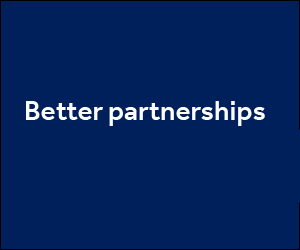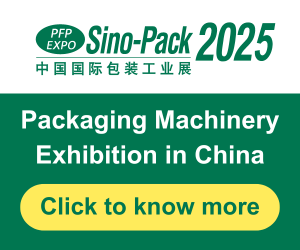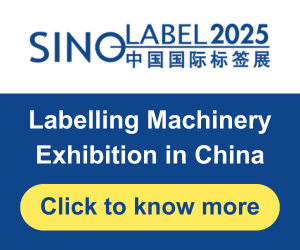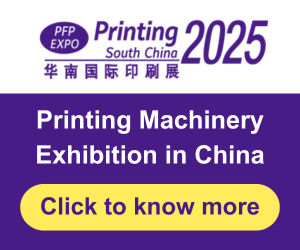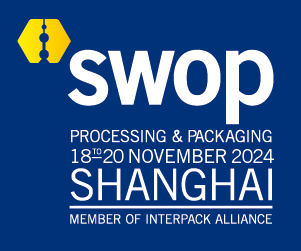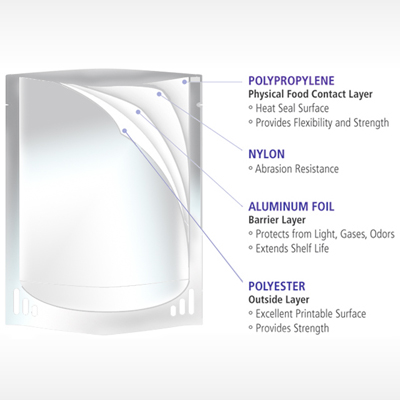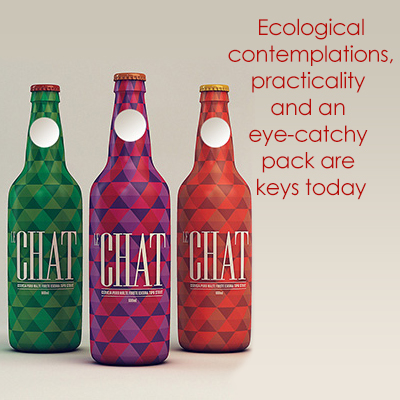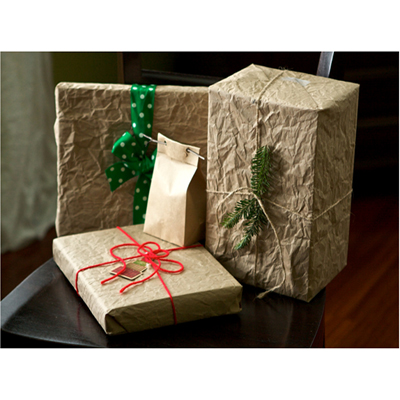What are the key packaging solutions that cater to B2B food and beverage clients?
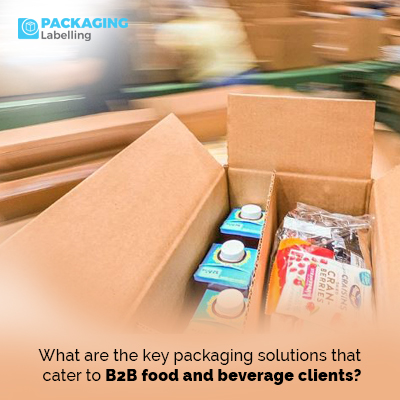
In the dynamic landscape of the food and beverage industry, packaging plays a crucial role in ensuring product safety, shelf life extension, brand differentiation, and customer satisfaction. For business-to-business (B2B) clients in this sector, packaging solutions are tailored to meet specific requirements such as bulk handling, transportation, and storage. This article explores key packaging solutions that cater to B2B food and beverage clients, focusing on innovations, sustainability, and efficiency.
1. Bulk Packaging Solutions
Bulk packaging is essential for B2B clients dealing with large quantities of food and beverage products. Solutions in this category include:
- Bulk Bags: Also known as flexible intermediate bulk containers (FIBCs) or super sacks, these are large, durable bags used for transporting and storing bulk quantities of dry goods such as grains, powders, and granules. They offer cost-effective packaging solutions for industries like agriculture, baking, and food processing.
- Drums and Barrels: Metal or plastic drums and barrels are commonly used for storing and transporting liquids such as oils, syrups, and beverages. They provide durability and protection against contamination, making them ideal for B2B clients in the beverage and oil industries.
- Intermediate Bulk Containers (IBCs): These are large containers designed to transport and store liquids and semi-liquids. IBCs are stackable and reusable and come in various sizes, making them versatile for B2B clients in the dairy, chemical, and beverage sectors.
2. Eco-Friendly Packaging Solutions
With increasing awareness of environmental issues, B2B food and beverage clients are seeking eco-friendly packaging solutions. Some key options include:
- Biodegradable Packaging: Made from renewable materials such as plant-based plastics (PLA), biodegradable packaging offers a sustainable alternative to traditional plastics. B2B clients can use biodegradable trays, cups, and containers for eco-conscious branding and packaging.
- Compostable Packaging: Similar to biodegradable packaging, compostable packaging breaks down into organic matter under specific conditions. It reduces waste and aligns with the circular economy model, making it attractive to B2B clients focused on sustainability.
- Recyclable Packaging: Using recyclable materials such as cardboard, paper, and glass helps B2B clients reduce their environmental footprint. Recyclable packaging is widely accepted by consumers and supports circular supply chains.
3. Innovative Packaging Solutions
Innovation drives packaging solutions for B2B food and beverage clients, enhancing functionality, convenience, and aesthetics. Here are some innovative options:
- Smart Packaging: Incorporating technology like RFID tags, QR codes, and sensors enables smart packaging solutions. B2B clients can track products in real-time, monitor freshness, and engage consumers through interactive packaging experiences.
- Modified Atmosphere Packaging (MAP): MAP involves modifying the atmosphere within packages to extend shelf life and preserve product quality. B2B clients in the fresh produce, meat, and seafood industries benefit from MAP solutions that reduce spoilage and waste.
- Vacuum Packaging: Vacuum-sealed packaging removes air from the package, extending the shelf life of perishable products. B2B clients use vacuum packaging for meats, cheeses, and prepared meals, ensuring freshness and quality during storage and transportation.
4. Customized Packaging Solutions
Tailored packaging solutions meet the specific needs and branding requirements of B2B food and beverage clients. Examples of customization include:
- Branded Packaging: Custom-printed packaging with logos, slogans, and graphics helps B2B clients promote their brands and stand out on shelves. It creates a cohesive brand identity and fosters brand recognition among consumers.
- Specialized Designs: Packaging designed for specific products, such as ready-to-eat meals, snacks, and beverages, enhances product appeal and convenience. B2B clients can collaborate with packaging experts to create functional and eye-catching designs.
- Multi-Packaging Solutions: Offering multi-pack options like variety packs, combo packs, and gift sets caters to diverse customer preferences. B2B clients can bundle products for promotions, seasonal offerings, and gifting occasions, increasing sales opportunities.
5. Sustainable Supply Chain Solutions
Efficient and sustainable supply chain solutions are crucial for B2B food and beverage clients. Packaging strategies that optimize transportation, storage, and logistics include:
- Palletization: Using standardized pallets and stacking techniques improves warehouse efficiency and minimizes product damage during handling and transit. B2B clients benefit from streamlined operations and reduced costs.
- Returnable Packaging: Implementing reusable packaging solutions reduces waste and carbon footprint. B2B clients can establish closed-loop systems for returnable crates, pallets, and containers, promoting sustainability across the supply chain.
- Efficient Design: Lightweight packaging designs, optimized for space utilization, contribute to fuel savings and emissions reduction during transportation. B2B clients prioritize packaging solutions that minimize environmental impact without compromising product integrity.
| Also Read: The Impact of Smart Packaging Technologies on Food & Beverage Industry Growth |
Conclusion
Packaging solutions for B2B food and beverage clients encompass a wide range of options, from bulk handling and eco-friendly materials to innovative designs and sustainable supply chain practices. By leveraging these key packaging solutions, B2B clients can enhance product quality, reduce costs, meet regulatory requirements, and contribute to a more sustainable future for the industry. As consumer preferences and industry trends evolve, packaging innovation will continue to play a pivotal role in shaping the success of B2B businesses in the food and beverage sector.

